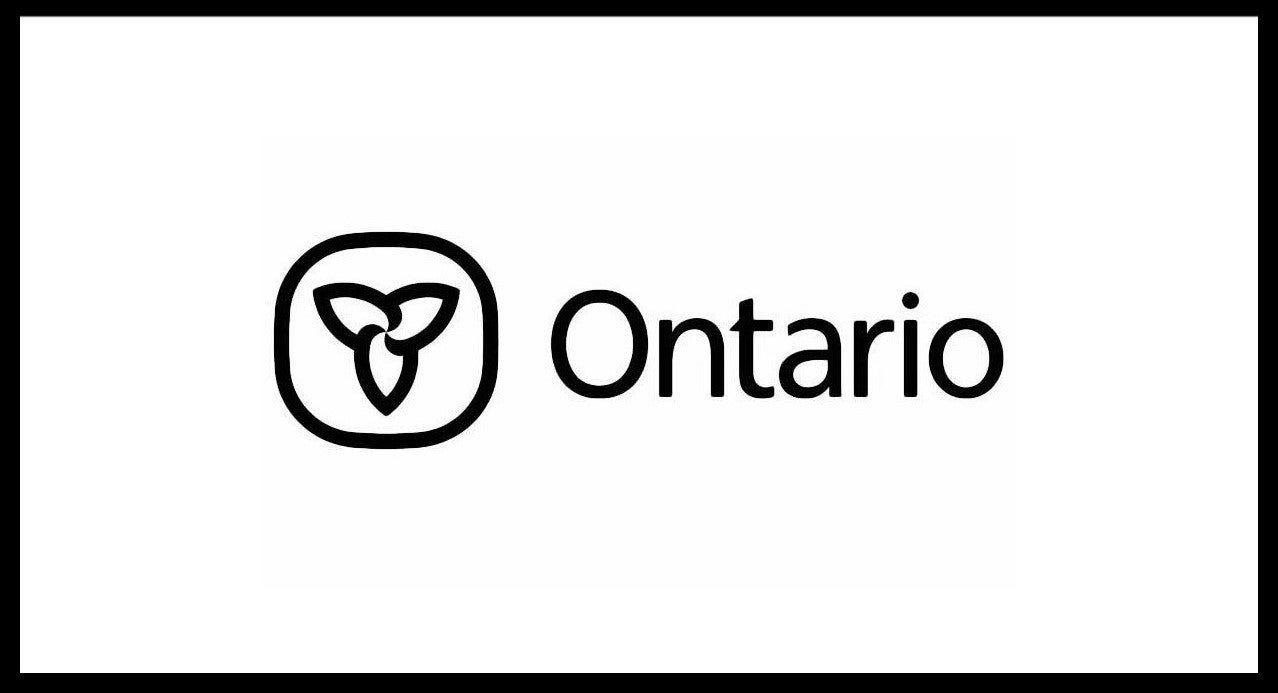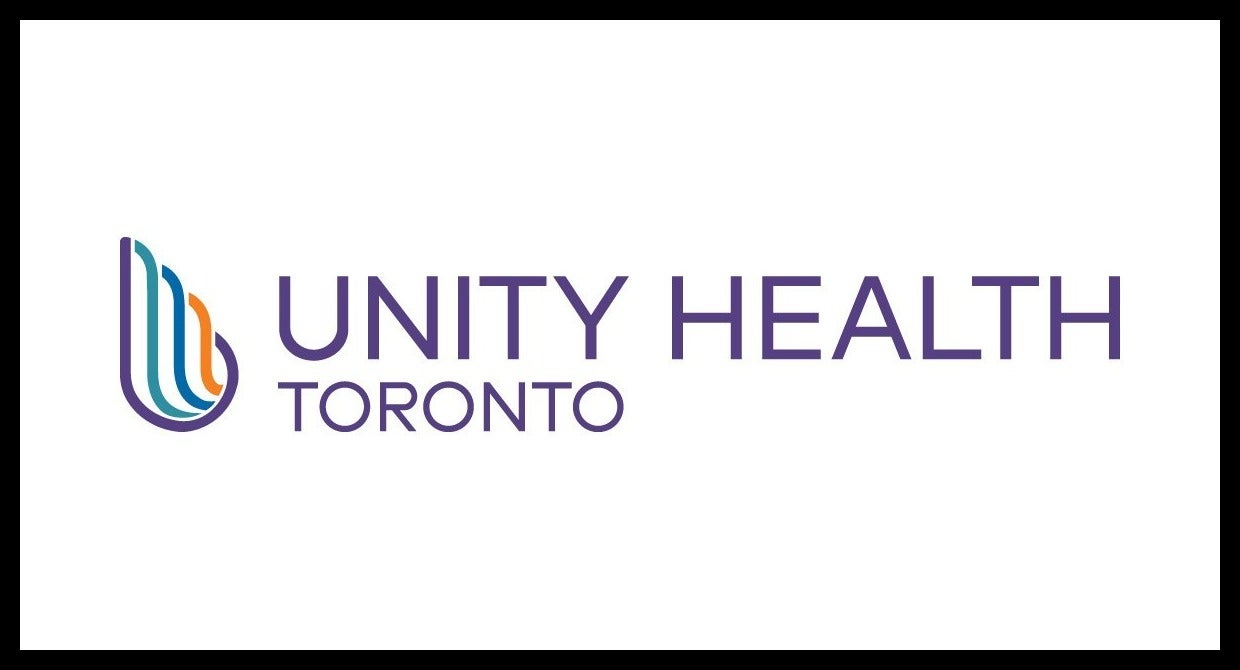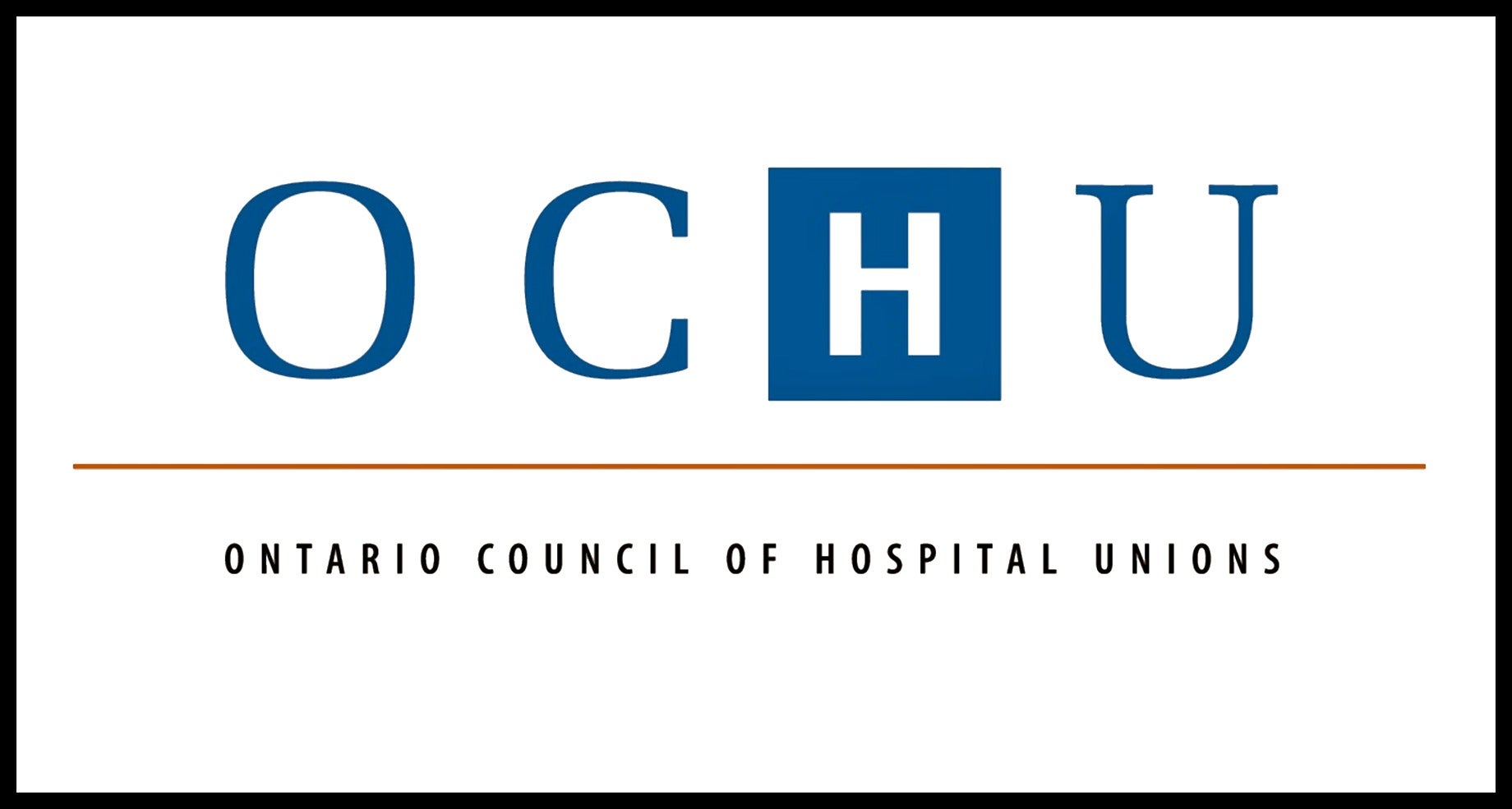
Coronavirus disease 2019 (COVID-19) is a contagious disease caused by severe acute respiratory syndrome coronavirus 2 (SARS-CoV-2).

CUPE 5441 COVID-19 Vaccination Policy Frequently Asked Questions
Vaccination is a personal choice and up to each individual. The Executive at CUPE 5441 will not influence anyone to get vaccinated. Our standard is that all should be tested to prevent outbreaks in the Hospital and community to keep everyone safe and out of harms way of any risks. Even though this is our position as a union, it does not change the law or the current policy that is in effect at UHT.
Below you will find answers to numerous questions, including those raised at the meeting held on September 1, 2021 with Goldblatt Lawyers and OCHU:
1) If I do not provide my vaccination status to the Hospital by September 7, 2021 what happens?
Please speak to Corporate Health and Safety Services. More information about next steps is outlined in the letter that was sent to your UHT email.
2) What is Directive #6, how does it affect my Employment?
Directive #6 is an Order of the Chief Medical Officer of Health that requires hospitals to enact vaccination policies for their workers.
This Order cannot be changed by unions or Hospitals once it becomes in effect September 7, 2021.
3) What is the UHT required Vaccination Policy as per Directive #6? Where can I find it?
The Required Vaccination for Unity Health can be found at this link here: Required Vaccination at Unity Health Toronto (you must have access to the intranet at work or through your FortiToken to gain access to the UHT required Vaccination Policy)
4) Can the Hospital force workers to become vaccinated, what about informed consent?
The hospital cannot literally force a worker to be vaccinated. There’s a difference between forcing a worker to be vaccinated, and imposing consequences on a worker who chooses not to become vaccinated.
Just because a worker suffers negative consequences for not being vaccinated does not mean that their employer is forcing them to be vaccinated.
So long as a worker has a choice whether or not to become vaccinated, even if they feel some pressure from the employer, they are not being forced to be vaccinated.
This is why the Health Care Consent Act, the “Nuremburg Code” and issues around practicing medicine without a license are not relevant to hospital vaccination policies.
What is relevant is whether the hospital vaccination policy reasonably balances the employer interests in maintaining a healthy workforce, protecting patient safety, and preserving public health, and worker interests in privacy and bodily integrity.
5) What about the Charter and the Canadian Bill of Rights?
The Charter of Rights and Freedoms likely does not apply to the hospital’s relationship with its workforce.
Even if the Charter did apply, it would likely not go any further than the Human Rights Code and the general requirement for employer policies to be reasonable.
The Canadian Bill of Rights only applies to the Federal Government. It does not apply to hospitals in any way.
6) What kind of consequences is the Employer allowed to impose on workers who are not vaccinated?
There are no arbitration cases that have considered COVID vaccine policies that we are aware of.
However, there are many decisions over the last 30 years related to flu vaccination policies in healthcare settings, as well as a number of cases related to mandatory COVID testing policies.
These cases provide some guidance about the kinds of consequences that employers may impose on workers who choose not to be vaccinated.
Each policy has to be assessed individually to determine if it is “reasonable”.
However, arbitrators have upheld policies that have placed unvaccinated workers on modified job duties that reduce their interactions with patients or other workers, as well as policies that place unvaccinated workers on unpaid leaves of absence for the duration of outbreaks.
It is important to recognize that the COVID pandemic is not just another flu season. Arbitrators will view COVID as being more serious and may be willing to accept even more significant consequences for workers as “reasonable”.
For example, in flu vaccine cases, unpaid leaves of absence tended to last only for a relatively short period of time (i.e. until a flu outbreak in the workplace resolved).
In the context of the COVID pandemic, arbitrators may accept that even if there is no outbreak in the workplace, workers may be placed on unpaid leaves of absence.
Those leaves of absence may be for long periods of time, as there is no clear “end” to the COVID pandemic.
7) What if I view the law related to the vaccine as unfair?
Workers have the right to understand the law as it currently stands.
Workers also have the right to view the law as fair or unfair.
Even if they believe the law is unfair, it is important that they understand what the law is.
Workers have the right to understand what the consequences of their choices may be, and
whether or not those consequences are fair.
Workers should make decisions in light of the most accurate information.
8) If I take the vaccination and something happens to me, who is responsible/liable?
The regular process would apply for accessing any sick benefits at your site. The COVID vaccinations are not directly administered by the Employer, which does not make them liable. For example, when the Employer directly administers flu vaccines, they require you to sign a waiver. This is not the case with the COVID vaccines. There is a difference between required and administered.
9) Why do I have to give my medical information to the Hospital? Does disclosing my vaccination status violate my Privacy Rights?
Not in this context.
Operators of public hospitals are “health information custodians” under the PHIPA (Personal Health Information Protection Act, 2004).
However, the vaccine status information of their employees does not constitute “personal health information” if the hospital has that information for a reason other than providing healthcare to the employee.
Maintaining a record of vaccine status for implementing a COVID vaccination policy in the workplace would fall within this exception. Similar to other vaccination disclosures that are required upon hire (ex. Vaccinations, Polio, Measles, Mumps, Rubella, Hepatitis A and B, Varicella (Chickenpox) DTa/DT)
10) What happens to my employment after October 4, 2021 and November 4, 2021 if I am unvaccinated? Am I entitled to collect EI or CERB?
We do not have an answer to this question yet, until it happens. If it does, please let us know right away and contact Service Canada about entitlement for these benefits.
11) Can I be disciplined for refusing to undergo testing for COVID-19?
Yes. A worker who attends the workplace without a negative COVID-19 test result will be subject to the discipline process. Unless the testing violates any accommodation requirements under the Ontario Human Rights Code.
12) Can a worker be disciplined for refusing to comply with other aspects of the required Vaccination Policy?
There may be other aspects of COVID policies that, if not complied with, would be grounds for discipline. Possible examples include:
- A worker who forges a fake vaccination record as proof of vaccination and provides it to the employer;
- A worker who forges any fake documentation to the employer. For example: medical documents, documents related to creed;
- A worker who refuses to attend a vaccine education session that is held during work hours where the policy requires unvaccinated workers to attend such training
13) This is against my Human Rights, how does the Ontario Human Rights Code protect me?
The Human Rights Code applies to workplace vaccination policies.
Workers who are unable to become vaccinated because of a ground that is covered by the Code have the right to reasonable accommodation, up to the point of undue hardship.
A worker cannot be disciplined for not being vaccinated if the reason that they are not vaccinated is protected by the Code.
The Code protects against discrimination on a number of grounds.
The two grounds that are most likely to be relevant with respect to vaccination policies are “disability” and “creed”.
14) What if I require an exemption from the COVID Vaccination Policy for medical reasons?
Workers who have a documented medical condition that makes them unable to become vaccinated with an available COVID-19 vaccine are protected by the Ontario Human Rights Code on the ground of disability.
To be protected on the ground of disability, a worker must be able to provide objective medical evidence from a qualified health care practitioner (i.e. Doctor or Nurse Practitioner) that taking the available COVID-19 vaccines is contra-indicated.
Workers should be made aware that:
- Medical conditions related to vaccines other than the available COVID-19 vaccines would not be relevant unless a health care professional indicated that the condition also prevents the worker from taking available COVID-19 vaccines;
- Self-reported medical conditions or symptoms are not enough. Employers are entitled to receive objective medical evidence from an independent healthcare professional; and
- Concerns about the safety or efficacy of available COVID-19 vaccines (including concerns about long-term side effects, adverse reactions, or Health Canada’s approval process) do not constitute grounds for protection under the Code
15) What if I require an exemption from the COVID Vaccination Policy for Creed/Religious reasons?
Creed is a concept that covers sincerely held religious beliefs, as well as certain non-religious beliefs that are similar to religious beliefs.
According to the Human Rights Commission, a non-religious belief system may constitute a creed if they are:
- Sincerely, freely and deeply held system of beliefs;
- Integrally linked to a person’s identity, self-definition and fulfillment;
- A comprehensive and overarching system of belief that govern’s the person’s conduct and practices;
- Address ultimate questions of human existence or non-existence of a creator and/or higher or different orders of existence; and
- Has some nexus or connection to an organization or community that professes a shared system of beliefs.
A singular belief against vaccination, or against the COVID vaccines is not a creed under the Code.
Similarly, beliefs that an individual should be allowed to decide what vaccines to take, or beliefs about the safety or efficacy of COVID vaccines or the dangers of COVID-19 are not creeds.
If a person’s religion or creed prevents them from becoming vaccinated, they are entitled to a reasonable accommodation.
There is no need for the individual to show that their belief is an essential or obligatory element of their creed, or that it is recognized by others of the same creed, including religious officials.
The belief must, however, be sincerely held. An individual may not use a claim of creed that does not reflect a sincerely held belief as an excuse not to become vaccinated.
Therefore, if you require an accommodation related to creed under the Ontario Human Rights Code please contact Human Resources at hr@unityhealth.to and your manager to follow the accommodation process at your site.
16) What accommodations are available for unvaccinated workers who are covered under the OHRC?
Reasonable accommodation is an individualized process, that depends on the specific circumstances of the individual, including the details of their disability/creed, the nature of their job duties and, in the context of the current pandemic, the prevailing public health situation and state of scientific knowledge.
What will be a reasonable accommodation for one worker may or may not be a reasonable accommodation for another worker.
Unions, workers and employers have a duty to cooperate and work together to identify reasonable accommodations.
Flu vaccine case law suggests that there are a number of accommodations that could be reasonable for unvaccinated workers, depending on the circumstances, including modified job duties and paid leaves of absence.
Unpaid leaves of absence are less likely to constitute a reasonable accommodation.
However, given the uncertainty of how long such a leave would last, employers may try to demonstrate that the requirement to pay during a leave of absence would constitute undue hardship.
Regular COVID-19 testing before accessing the workplace would likely be another option for reasonable accommodation for unvaccinated workers, unless the worker is unable to be tested for a reason protected by the Code.
Workers who are not vaccinated because of an Ontario Human Rights Code-protected ground cannot be disciplined as a result of not being vaccinated.
17) If I am put on an unpaid LOA, do I need to pay certain deductions, example, union dues, health benefits, dental benefits, pension?
The normal process for all unpaid LOAs is that the deductions for union dues, health benefits, dental benefits and pension are no longer automatic. This means that your portion of these deductions will need to be paid separately.
For more information on how to ensure there are no interruptions related to these deductions please contact Human Resources.
Note: Union dues are not collected for unpaid leaves of absences, nor are they retroactively collected for unpaid leaves of absence.
18) If I am put on an unpaid LOA, what happens to my service and my seniority?
All CUPE 5441 Collective Agreements under Article 9.04 describes what happens with seniority and service. If any unpaid leave of absence is longer than 30 days then service and seniority are paused. This means when you return to work your service and seniority will be adjusted to reflect the pause in gaining additional seniority while on the unpaid leave of absence.
19) a) How do I go about getting my union dues back, because the union is not doing anything for me to protect my rights?
The union is here to protect your rights under the Collective Agreement and related legislations. As a reminder, paying union dues is a condition of your employment. These dues are non-refundable.
Please see this link from CUPE more information related to union dues https://cupe.ca/fact-sheet-union-dues-and-rand-formula
b) What is the union doing about Directive #6 and the UHT Vaccination Policy?
Here is what your union has been doing and will be doing:
- actively seeking assistance from lawyers, OCHU, CUPE National.
- requesting Employer to use alternative testing options for employees
- the union cannot grieve things before they happen, but is prepared and continues to prepare for next steps
- prepared to work with members requiring accommodations under the Ontario Human Rights Code
- communicating to members the most up-to-date information to help guide them through this difficult time
- filing policy grievances on September 7, 2021 against the UHT Vaccination Policy
- prepared to file individual grievances when the UHT Vaccination Policy negatively affects members
- continuing to conduct normal union business (bargaining, other grievances, return to work
- meetings, mediations, arbitrations, wage harmonization, etc.)
20) Can the union file a grievance for me because I refuse to follow the Vaccination Policy and will not be vaccinated or undergo any COVID testing? Can the union provide a lawyer for me?
Yes, the union will file a grievance for anyone whose employment has been affected. Unfortunately, we cannot grieve things before they happen. The union does not provide personal lawyers for members. If you choose to seek legal counsel outside of the grievance process this is your right. Generally speaking, the grievance process has to come to completion first. We will do all we can to fight on your behalf, but there are no guarantees that the grievances will be successful.
21) What if I am an external temporary employee on a contract and my contract has ended due to my non-compliance with the UHT required Vaccination Policy?
All CUPE 5441 Collective Agreements under Article 2.01 state the conditions for external temporary contracts: “The release or discharge of such persons shall not be subject of a grievance or arbitration. The Hospital will outline employees selected and the union the circumstances given rise to the vacancy and the special circumstances giving rise to such employment.” This means that your contract can end under the sole discretion of the Employer.
22) Who do I contact if I have other questions that are not included in this FAQ?
Please email all Vaccine Policy related questions and comments to info@cupe5441.ca and someone will contact and assist you.
More Resources: OCHU Vaccination newsletter, OCHU Mandatory vaccination policies Guide, CUPE 5441 Vaccination Policy FAQ, CUPE National – Vaccine Policies FAQ
Click on the images below for more updates.




